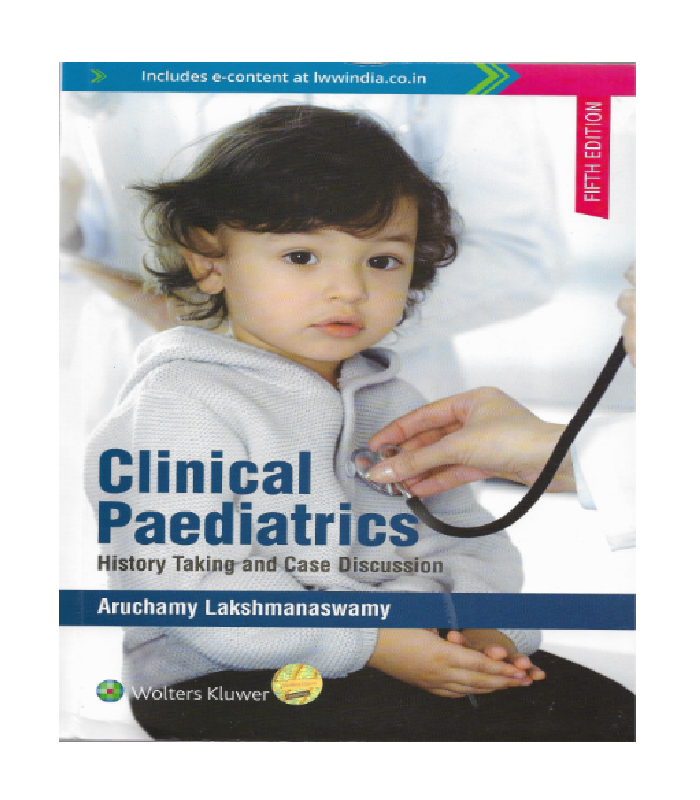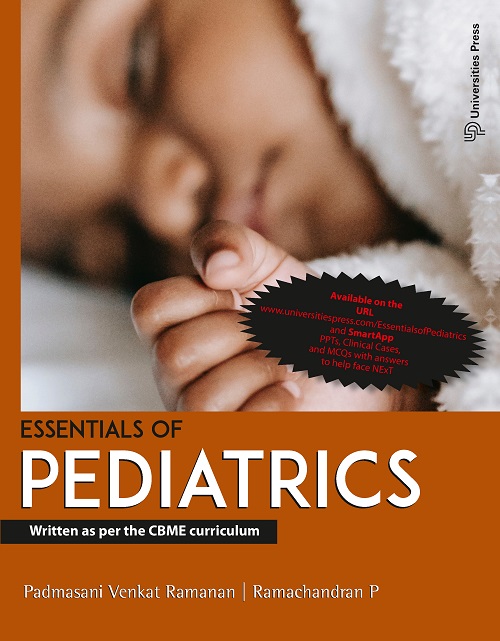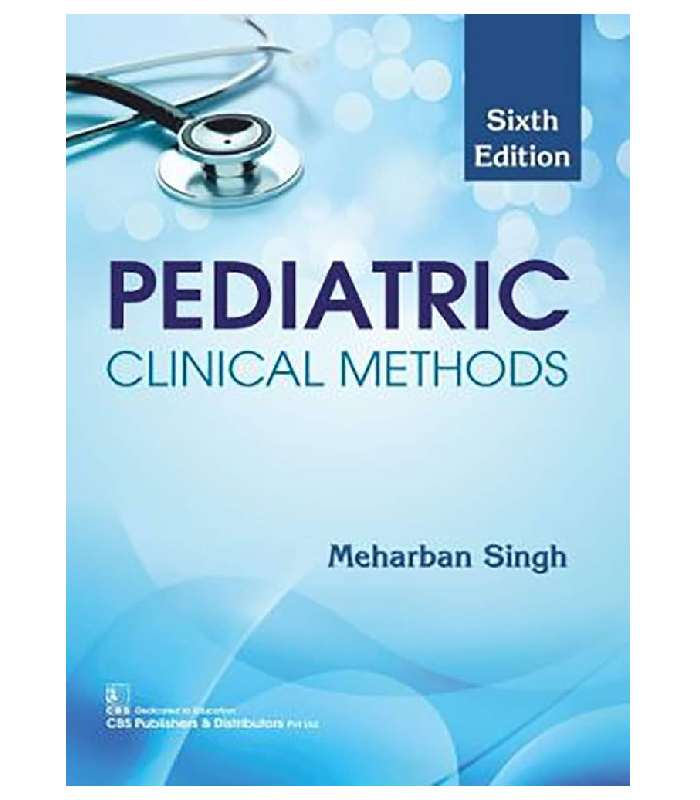1. Systematic History Taking Framework:
The 5th edition provides a well-structured approach to pediatric history taking, emphasizing key components such as antenatal, perinatal, developmental, immunization, nutritional, environmental, and family history for comprehensive assessment.
2. Child-Centered Communication:
This edition highlights the importance of effective communication with children and their caregivers. Techniques are tailored to different age groups, promoting trust and facilitating accurate information exchange in both clinical and academic settings.
3. Developmentally Appropriate Approach:
The book outlines history-taking methods specific to various pediatric age groups—newborns, infants, toddlers, school-age children, and adolescents—ensuring clinicians consider developmental milestones and behavioral cues during assessment. Clinical Pediatrics History Taking Case Discussion
4. Focused Symptom Evaluation:
Emphasis is placed on evaluating the chief complaint through a detailed analysis of symptoms, including onset, duration, frequency, severity, and associated factors. This approach aids in narrowing down differential diagnoses efficiently.
5. Correlation with Clinical Examination:
The edition stresses the integration of history with physical findings. It guides students to connect reported symptoms with clinical signs, strengthening diagnostic reasoning and decision-making in real-world scenarios.
6. Enhanced Case Discussions and Clinical Reasoning:
With updated case examples, this edition promotes active learning through discussion-based formats. It encourages learners to present cases logically, analyze clinical situations, and formulate appropriate management plans.






Reviews
There are no reviews yet.